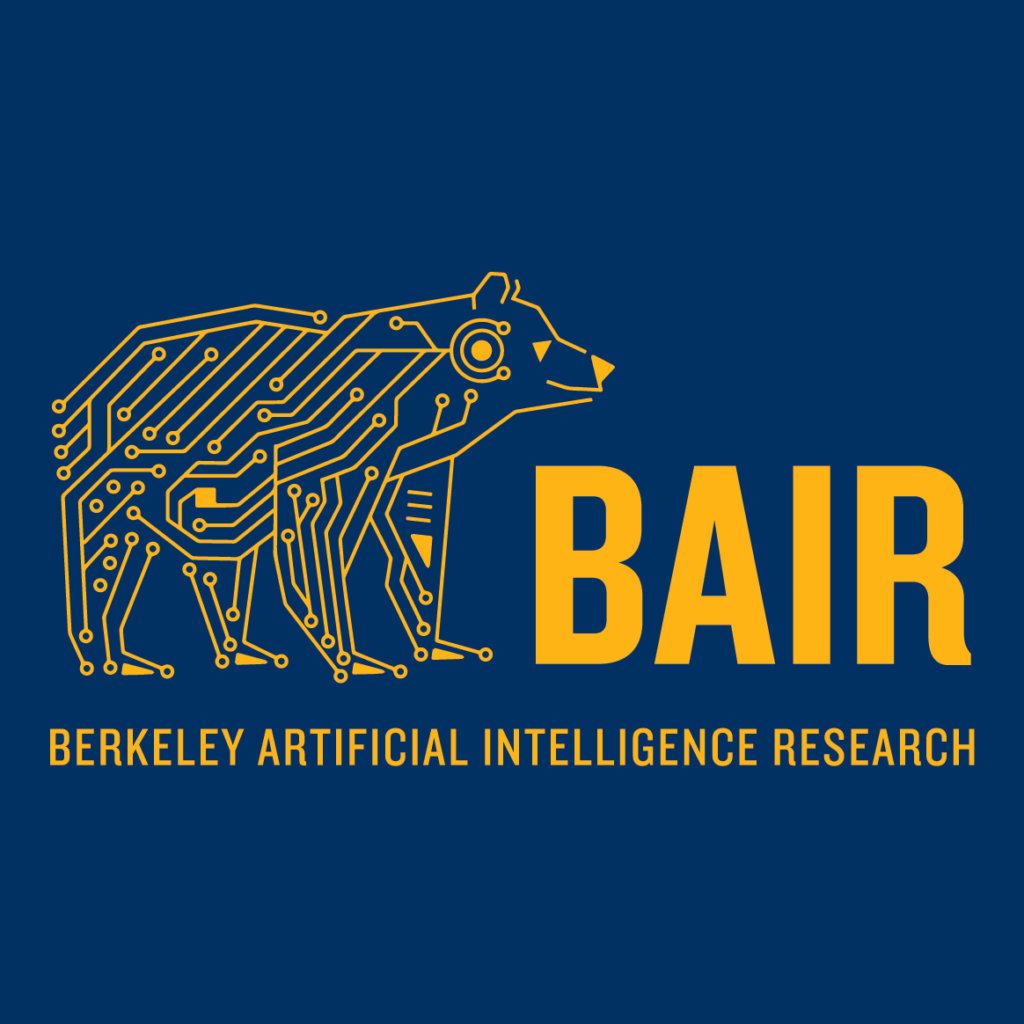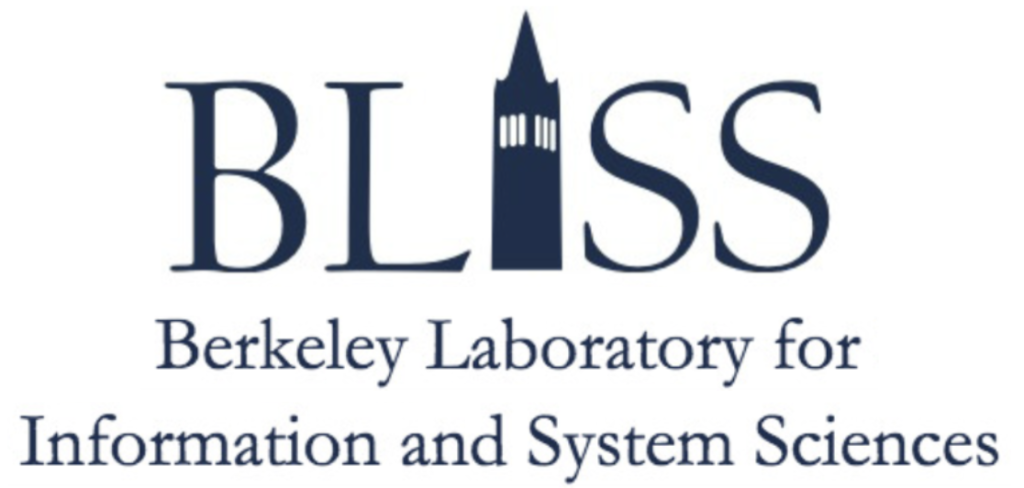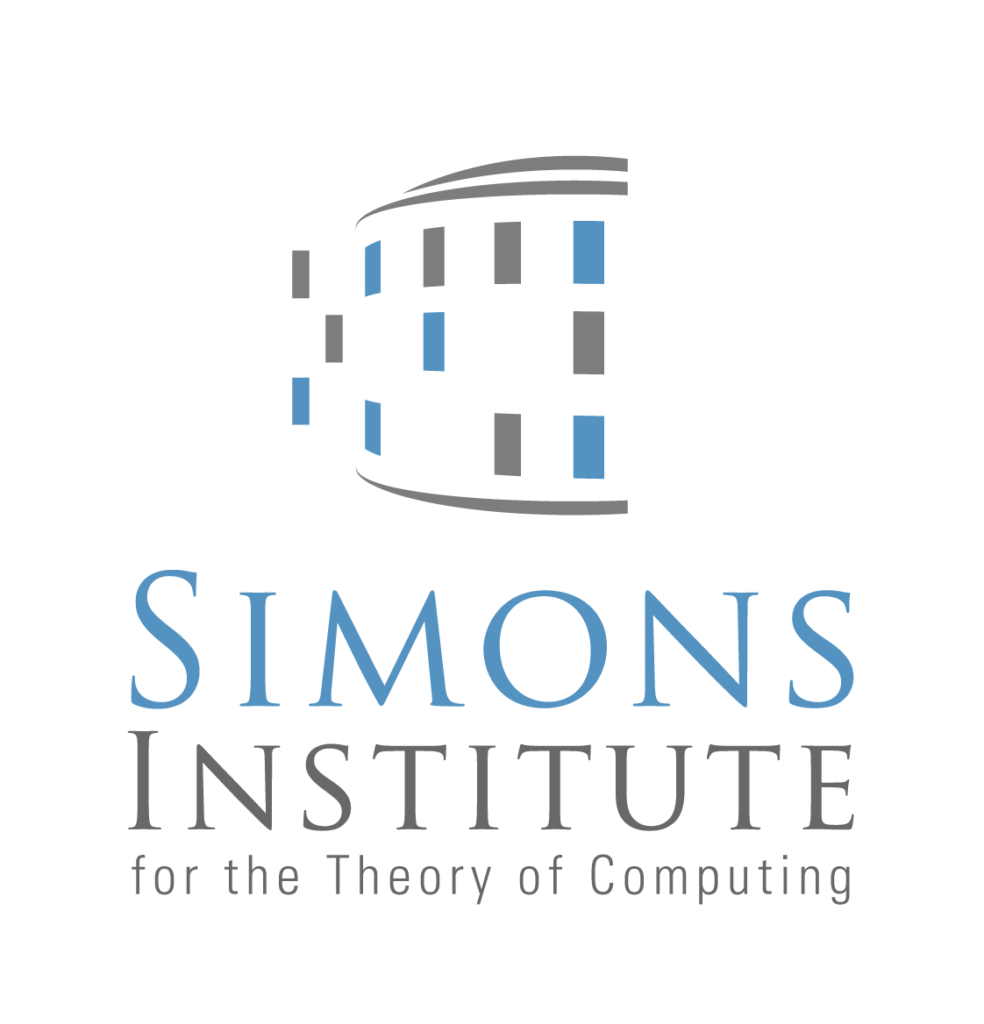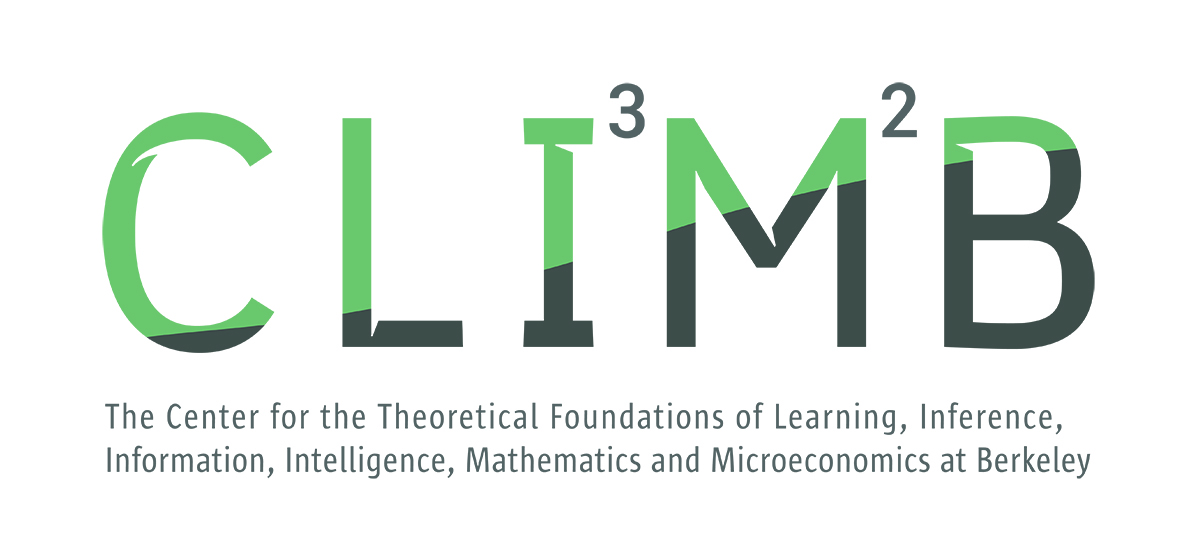The Center for the Theoretical Foundations of Learning, Inference, Information, Intelligence, Mathematics and Microeconomics at Berkeley (CLIMB) was established to address new conceptual and mathematical challenges arising at the interface between technology, science, and society.
Whereas an earlier generation of information technology focused on hardware and software, CLIMB recognizes the emergence of a new generation of technology that focuses on data, inferences, and decisions, a development that is leading to a deeper engagement between technology and real-world phenomena that involve human decisions, values, discoveries, and culture.
While CLIMB is focused on the future, it also builds on a vision of the past, revisiting themes that began to emerge a century ago, when individuals such as Andrei Kolmogorov, John von Neumann, Jerzy Neymann, Alan Turing, Abraham Wald, and Norbert Wiener devised mathematical formulations of concepts such as “algorithm,” “probability,” “feedback,” “uncertainty,” “model,” and “risk.” Although their ideas reposed on both the deductive and inductive traditions of mathematics, it was their blending of those traditions that yielded some of the most exciting new developments in science and engineering during the twentieth century. The scope was further broadened in the hands of individuals such as David Blackwell, Herbert Robbins, and Claude Shannon, whose work led to new perspectives on economics, communications, and psychology. Terms such as “cybernetics” were coined in an attempt to capture the unity of the overall enterprise, but the vast scope of the enterprise made it difficult to retain a single identity. Indeed, in subsequent decades the sense of unity has faded. Major new academic disciplines have emerged—including computer science, control theory, information theory, signal processing, and mathematical statistics—each focused on particular aspects of the overall set of challenges associated with information, inference, and decisions. Whereas Kolmogorov, von Neumann, et al. would likely have resisted being labeled with a single one of these disciplinary labels, subsequent researchers have generally pursued their careers entirely within a single discipline.
There are two major new trends that are leading to a revisiting of the age of Kolmogorov, von Neumann, et al. First, the core problems of many of the separate disciplines have been solved, or nearly so, and the emerging problems are often those at the boundaries where classical disciplines merge into other disciplines. For example, it is often no longer sufficient to analyze an algorithm in terms of runtime and other concepts associated solely with the internal world of a computer; rather, it is necessary to consider whether the algorithm will work when interfaced to the real world where data are noisy, incomplete, or inconsistent, where it is necessary to take into account interactions with humans, where there are feedback loops and adversaries, and where it is essential to consider unintended consequences. Moreover, algorithms need to be evaluated according to inferential, economic, and ethical criteria in addition to purely computational criteria.
Second, real-world problem solving in industry, science, and government often involves team efforts that cross disciplinary boundaries. Such efforts invariably uncover new problems that cannot be solved by merely juxtaposing existing frameworks.
Research in CLIMB recognizes and embraces this emerging interdisciplinarity. Faculty in CLIMB focus on theoretical challenges across a wide range of problem areas, bridging classical academic disciplines and seeking broad new conceptual and mathematical foundations. We aim to train students who are future thought leaders, able to climb to nearby mountaintops and perceive the full scope of emerging problems in science, technology, and society.
Sponsors
Affiliated Groups












